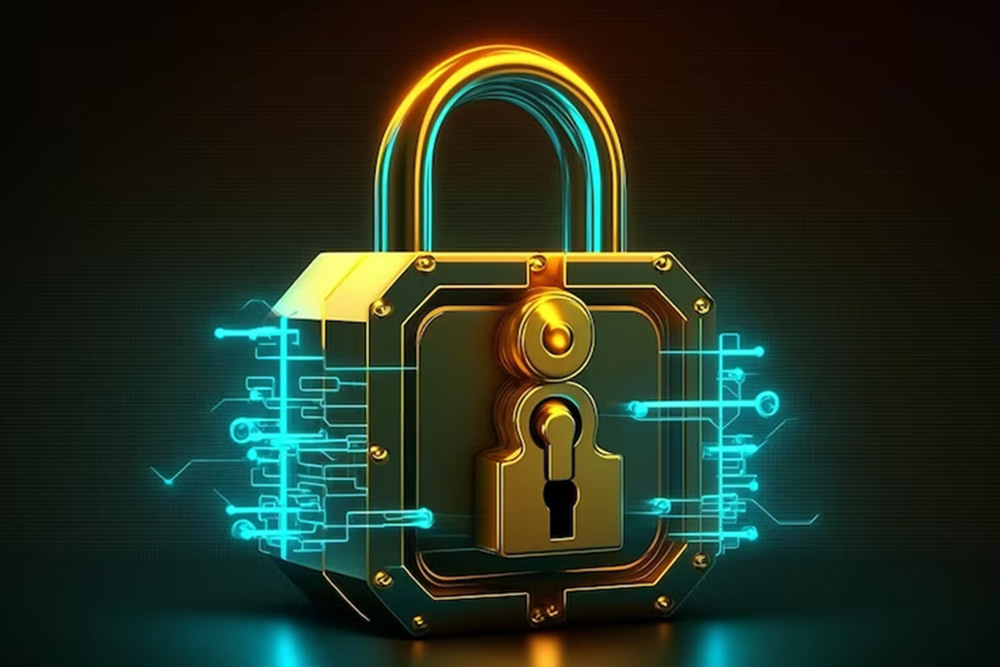Introduction
Engaging in cryptocurrency transactions with unknown entities, especially on international Peer-to-Peer (P2P) exchanges, risks having your bank account frozen. This alarming scenario can unfold if the funds involved in the transaction are deemed ‘tainted funds,’ originating from or destined for illegal activities.
Tainted Funds and Frozen Bank Accounts
For instance, if you sell cryptocurrencies on an international exchange and receive funds linked to terrorist financing or money laundering, Indian law enforcement agencies may freeze your account. Similarly, suppose you purchase cryptocurrencies on an international exchange and send funds later used for illicit activities. In that case, it can trigger violations of Indian laws such as the Prevention of Money Laundering Act, 2002 (PMLA).
The Role of Unknown Entities
Unknown entities refer to individuals or organizations whose fund legitimacy has not been verified by the exchange or the involved parties. In India, laws like the PMLA mandate Virtual Digital Asset (VDA) exchanges, including Peer to Peer (P2P) exchanges, to ensure their customers comply with Know Your Customer (KYC) requirements.
Various Transaction Methods
Various methods are available for purchasing or selling Virtual Digital Assets (VDAs), encompassing cryptocurrencies and non-fungible tokens (NFTs). One approach involves direct P2P transactions where VDAs are bought directly from sellers, bypassing VDA exchanges. An alternative approach involves facilitated Peer-to-Peer (P2P) transactions, where VDA exchanges establish a platform for direct interaction between buyers and sellers.
Individual Responsibility in P2P Transactions
However, when dealing with international P2P exchanges or directly with individuals, Indian residents must be responsible for verifying the legitimacy of the funds involved. In cases where tainted funds are used in the transaction, both parties may face repercussions, including frozen bank accounts.
Expert Insights
Gaurav Mehta, a forensic expert and founder of Catax, shares his professional experience, stating, “I have seen cases where transacting parties failed to adhere to Indian laws like KYC or PMLA. Indian authorities, with international cooperation and forensic expertise, traced the source of funds routed through crypto and initiated investigations against the individuals involved, resulting in the freezing of Indian residents’ bank accounts.”
Understanding the Risks in P2P Transactions
Engaging in Peer-to-Peer transactions, whether on international exchanges or directly with unknown individuals, poses inherent risks. Transactions with unverified entities make it challenging to determine the source of cryptocurrency, potentially unknowingly implicating buyers in illegal activities.
The Limitations of Tax Compliance
It’s essential to understand that compliance with income tax laws does not guarantee the legality of a P2P transaction. Being tax-compliant does not safeguard against violations of the PMLA Act, especially if the crypto was purchased from unverified entities through P2P channels.
Reducing Risk in VDA P2P Trades
In direct P2P transactions, reducing operational and legal risk requires individuals to conduct thorough KYC due diligence. No exchange or entity can assist in this process.
Caution in P2P Transactions
Avoiding P2P transactions is recommended unless individuals are confident in the genuineness of the KYC process. Crypto gateways were compliant with regulations, and thorough KYC checks provided a safer means of acquiring crypto assets. Non-compliant P2P transactions can inadvertently provide liquidity to bad actors, potentially leading to PMLA Act violations and asset freezes.
Conclusion
While numerous foreign centralized VDA exchanges and Indian VDA exchanges facilitate P2P trades, individuals must be cautious when transacting on exchanges’ P2P marketplaces that do not comply with Indian KYC laws. In such cases, non-compliance with Indian regulations becomes a significant risk factor.

